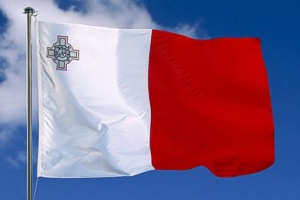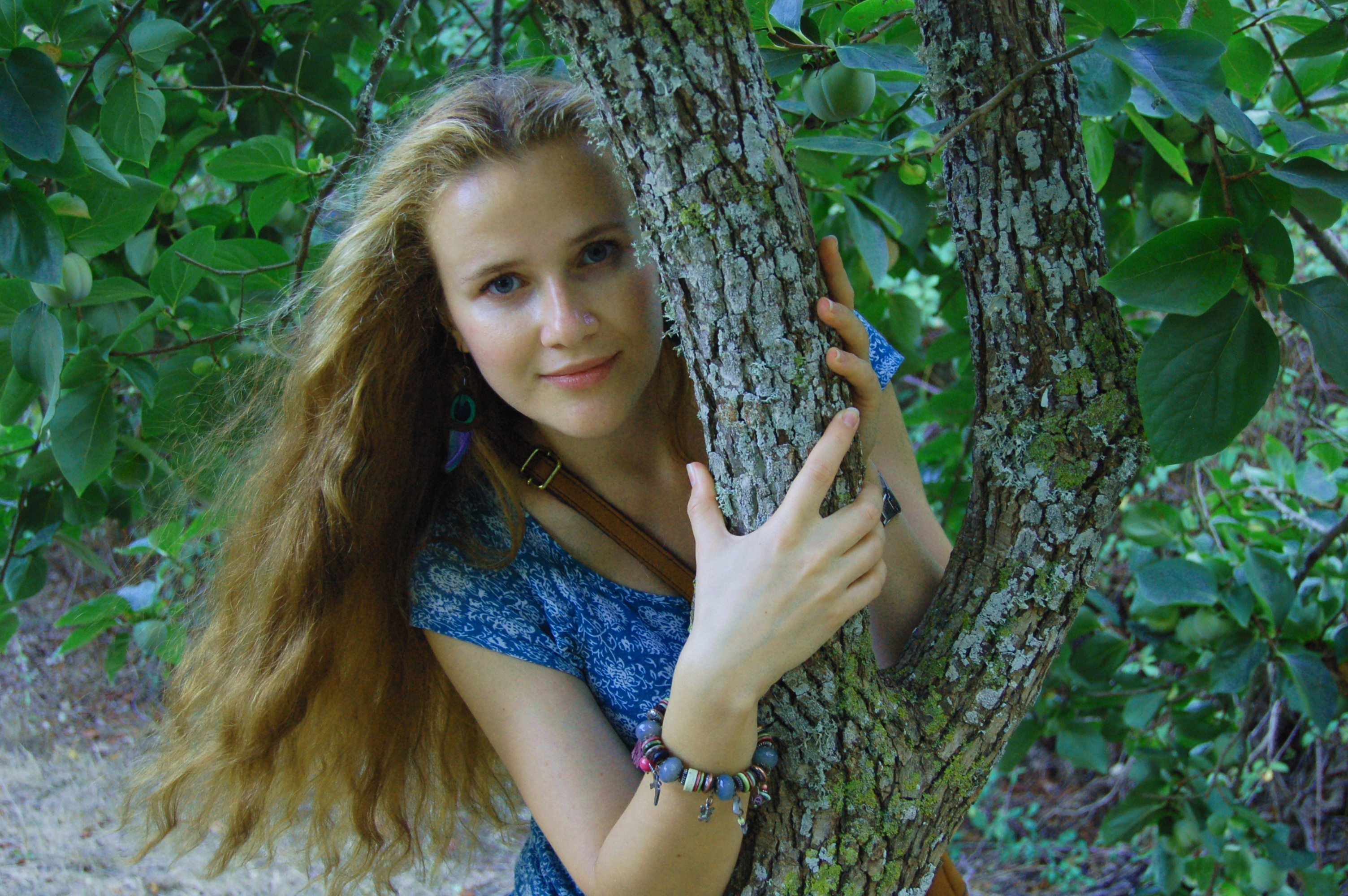
Malta is not only a beautiful island in the Mediterranean; it also is a truly international place with 36 thousands of its residents of a foreign origin. It makes 8% of the whole population which slightly exceeds 450 thousands people. In many European countries ‘immigrant problem’ is close to a boiling point, far right movements are gaining popularity as well as cases of national and religious intolerance are more frequently reported by the media. In Malta, it seems, expats and Maltese manage to co-exist in peace, with only a few exceptions reported. So what does make Malta unique? Why does it attract so many foreigners, wishing to settle down on the small island state? Is its charm reserved only to the heavenly climate and beautiful landscapes? These and many other subjects will be discussed with expats who now call Malta their second motherland.
Being an immigrant myself, I regularly meet interesting people from different countries and cultures, who not only find harmony in living in Malta but also contribute to making this country a unique place. The aim of the “Why in Malta?” initiative is to share stories of foreign residents living in Malta, to discover and unveil their impressions from the country. I believe, real life stories speak lot better than discussions on tolerance to different cultures or efforts of political correctness.
Why in Malta? The Author’s story

I came to Malta for the first time in November 2007 – my first experience of a Western country, or, in other words, of a non-Russian speaking country. It was a very short stay to attend the international conference Pacem in Maribus (PIM) and, despite a short term, it still managed to change my life completely. In the beginning, it was very embarrassing for me to communicate with the other participants due to limitations of my English. I could only say “my name is…” and “I am from…”, the rest of time I had to smile and nod without clear understanding. But it was only in the beginning. On the second and the third days of the conference, my communicative nature won over the lack of English and I managed to talk (mostly, using signs and primitive words) with many influential people from all over the world. Coming from a Southern province of Russia, before the PIM experience I had not have a chance to meet foreigners, and could only rely on the impression of others, who often described foreigner people as “too pragmatic” and “soulless”. In 2007 in Malta I found out it was so untrue.
Another reason why I will always remain grateful to Malta is because it managed to breathe life back into me. Two previous to 2007 years were quite dark and desperate, but the darkness vanished under Maltese sun. For two more weeks, already back home, I did not bother to notice the gloomy, rainy weather, and still could see the palms, the sea and the boats on the horizon. Yes, the impressions all together worked wonders.
Realization of how important it is to know English was an immediate advantage of that short stay in November 2007, and so I made an effort to learn it as quickly as possible. Naturally, we tend to return to places where we felt good, and so did I. A short holiday in Malta was needed to explore it more, and the memories of the sunny and warm January days kept me warm until April. The third visit to Malta happened in November 2008, one year after the first one. This time it was for a 5 week course on Ocean Governance (which became the first stable bridge between me and Malta), followed by another course on ecological modelling few months later. Almost miraculously, during my prolonged holiday in Malta after the course in June 2009, the University of Malta issued a call for a post that matched my expertise precisely. Important things always come at the right time; it was one of such cases. In October 2009 I arrived to Malta to stay and work, having no detailed future plans but with an intention to stay here and to become a part of the country.
The story would not be complete if I do not mention another very important reason for me to come to Malta. I happened to meet a Maltese guy who I fell in love with. The distance between us, entry visas, and international bureaucracy were a big challenge. I always believed that home is where the heart is (even though my heart had a tendency to change ‘locations’). That time it seemed worth the enormous struggle with obstacles, and I was fully ready for the adventure. Those, thinking it is easy for a non-EU citizen to move to Malta, cannot be more wrong. The road led me to Malta was rather full of thorns, not rose petals.
After almost 4 years of living in Malta I have become as much Maltese as possible for a Russian person. All friends of mine, with a few exceptions, are Maltese. It might sound funny, but I picked up many Maltese words and I constantly mix them with English once or say them even when speaking Russian (!). Another amusing fact is that, somehow, I learnt to swear in Maltese too and, even more amusing, proud of it. Despite their utter vulgarity, those emotional sentences are made in such an unimaginably creative way that it leaves me astonished. Concluding the story, I would say, yes, I do call Malta home now, there are too many connections with the country and its people, that I would rather be here than anywhere else.
